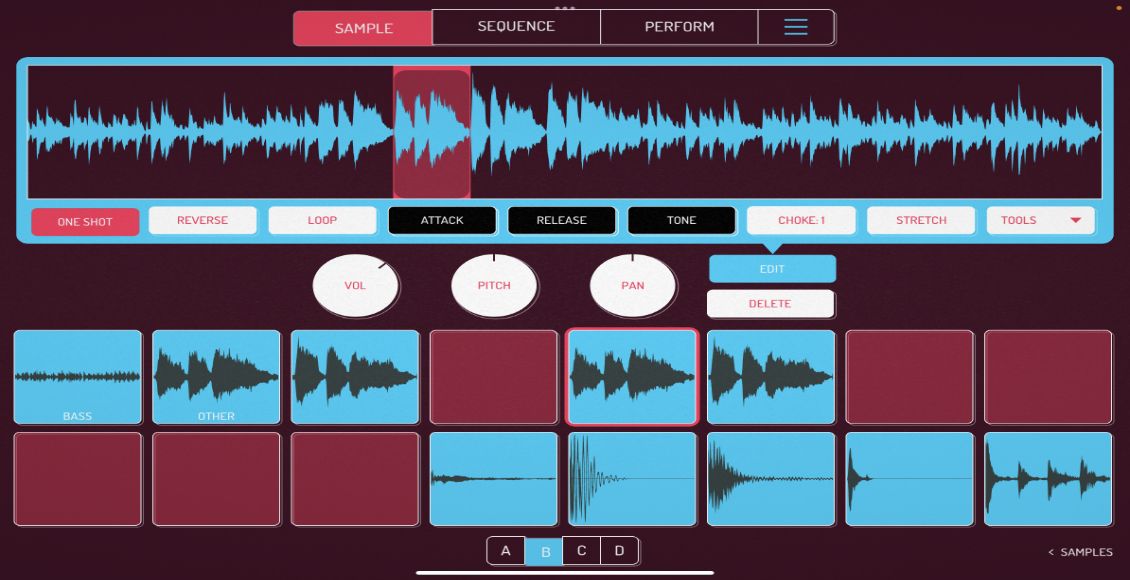-Will Freeman
Picture this: You’re playing at a local club when everything starts to go very wrong. A patron trips over a loose speaker cable knocking over the entire speaker cabinet that injures several people in its fall. Adding to the melee, those same speakers knock over several tables with candles on them and now the place is on fire. Your gear is destroyed, the club is destroyed, people are injured and you’re not getting paid.
What now? Well, under normal circumstances you would be screwed. However if you had DJ insurance many of these problems would be covered and you would still be in business. Today we take closer look at insurance policies for DJs that will protect your investments from extreme scenarios like the one above to the more common place DJ mishaps.
CONFUSED? DON’T BE.
Trying to pick the right insurance for a mobile/club DJ can be time consuming and confusing, so we are going to show you what to look for in a policy and breakdown some of the jargon used by insurance companies. These companies would prefer you be confused so the settlements fall in their favor but we like our readers nice and educated!
Here are some of the key features you need to look for:
- General or public liability: You will be required by most private events to have this (night clubs have their own). It covers damage to the venue and patrons in the case of an accident or emergency. This usually is around $1,000,000-2,000,000 in coverage.
- Inland marine coverage: This covers the cost of your damaged or stolen club gear whether from the club or the van (provided there are signs of forced entry, the car was locked and there is am alarm on the vehicle). However this does not cover your equipment if it is seized and/or damaged by the police or any other government agency.
- Commercial crime coverage: This covers if a club decides not to pay you or if an employee of either you or the club steals your gear.
 Friendly Tips
Friendly Tips
Proof read your policy: Make sure you claim the correct number of (DJ) setups, and the true value of your equipment because if you under estimate you will only be covered up to the amount you applied for.
Save some $$$: Insurance companies recommend that you join one of the many global or national DJ associations for a discount on your coverage. Short-cutters beware- If all your seeking is the discount then the numbers dont work out. Most dj assosiations charge around $200 a year and you only receive $100 discount from the insurance companies.
POLICY BREAKDOWN
We used a sample single dj setup with a value of $5000-7000 to asses these figures. Here are a few of the more popular policy options and their prices.
NASEP (National Association of Special Event Planners) offers insurance through RV Nuccio:
- Commercial Crime Coverage : $50 (up to $5000 in coverage, more coverage is available for purchase as needed)
- General/Auto liability: $150
- Administration charge: $100
- Inland marine coverage: $100
All this is added put your total cost at $300 per year.
Wedj.com offers insurance through G.A. Mavon:
- Administration charge: $44.95 (You have to become a member of the site to use their insurance and this is the lowest membership you can purchase at the bronze level)
- General liability: $195
- Inland marine coverage: $150 (and will cover up $15,000 dollars in damage)
Bringing you to around $389.95 per year.
GMEA (Global Mobile Entertainers Association) offers insurance through Mang Insurance:
- Administration charge: $125 (You have to become a member of the Global Mobile Entertainers association in order to qualify for this insurance)
- General Liability, inland marine coverage: $500
Bringing you to around $625 per year.
CONCLUSION
(Conclusion by Ean Golden)
While DJ insurance is clearly a must for mobile djs who have significantly increased liability- it’s actually a very good idea for club DJs as well. Many friends of mine, including myself, have had laptops ruined in nightclub environments due to theft, drinks and fighting patrons crashing into booths. All of us assumed, incorrectly, that the club would cover these losses (they won’t), so a $300 a year policy that protects your most important $2500 investment from being stolen or damaged is almost a no-brainer. The fact that it also protects you from an increasingly litigious general public, is the icing on top.










